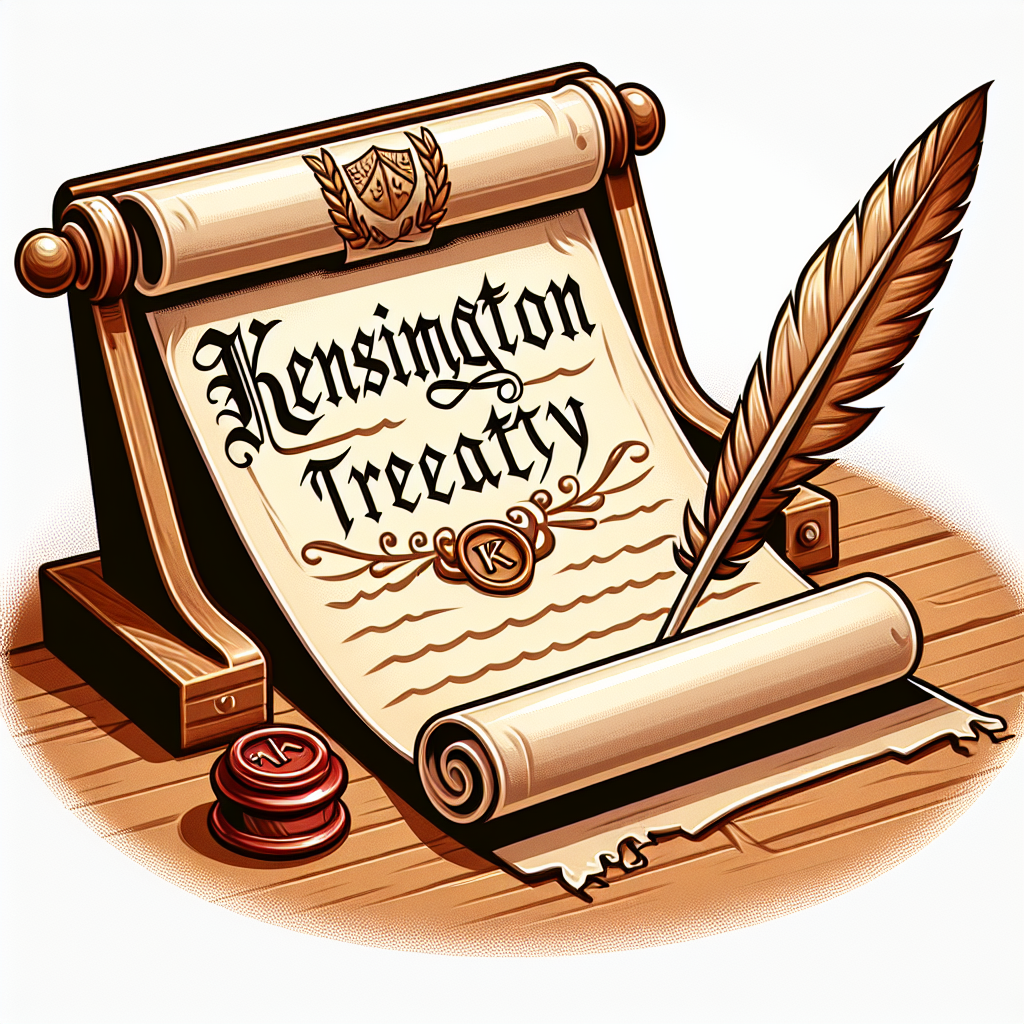Turning the Tide: Last-Ditch Efforts for a Global Treaty on Plastic Pollution
Negotiators convene in Geneva for critical discussions on a global treaty to curb plastic pollution. Struggles persist over production caps and financial support for developing nations, facing opposition from petrochemical giants and the U.S. The outcome may impact global efforts heavily reliant on industry cooperation.

Delegates are gathering in Geneva for what was meant to be a pivotal round of negotiations aimed at creating a landmark international treaty to reduce plastic pollution. The discussions, however, face significant obstacles due to resistance from petrochemical-producing nations, including the U.S., and a focus on waste management rather than reducing production.
Key points of contention include capping plastic production and securing financial support for developing countries. Delegates warn that opposition from major oil producers like Saudi Arabia and Russia could weaken the treaty's provisions, potentially resulting in a non-binding agreement.
Despite the hurdles, over 1,000 delegates, including scientists and industry representatives, are in attendance. There are fears that industry influence may lead to a diluted agreement, emphasizing waste management instead of addressing the primary sources of plastic pollution.
(With inputs from agencies.)
ALSO READ
As we navigate choppy global economic environment, we need to push frontiers of growth: RBI Guv Sanjay Malhotra at FIBAC 2025.
Judge Halts 'Alligator Alcatraz' Construction Amid Environmental Concerns
Environment Ministry Leans Green: Embracing E-vehicles
Brazil's Soy Moratorium Faces Legal Scrutiny Amid Environmental Concerns
Environmental Costs of China's Military Expansion in Tibet Unveiled










